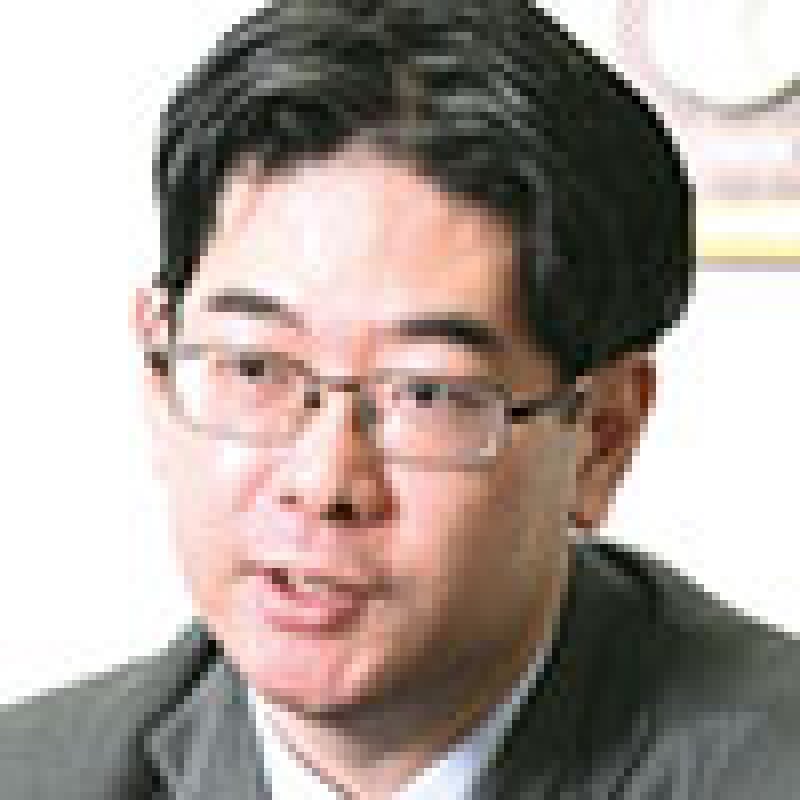The Japanese IP system has vulnerable evidence collection procedures in comparison with foreign countries. In March 2017, the Patent System Subcommittee of the Intellectual Property Committee under the Industrial Structure Council published Functional Strengthening of Systems for Handling Intellectual Property Disputes in Japan, making some proposals including an amendment of the laws concerning appropriate and fair evidence collection procedures.
1. General remarks
Evidence collection procedures in patent infringement lawsuits should be strengthened. Parties need to make appropriate decisions based on a high level of technical knowledge, and circumstances exist in which patentees have difficulty proving patent infringement because evidence relating to the accused infringers is not easily located, especially for inventions concerning manufacturing methods.
In designing the system, the following should be considered: balance in attack and defence by the patentees and the accused infringers, protection of trade secrets of the accused infringers, prevention of abuse of evidence collection procedures, and consistency with the general rules on civil lawsuits.
Based on the above, introduction of the following systems through amendments in the Patent Act should be considered: fair and neutral third party technical experts can participate in evidence collection procedures subject to confidentiality obligations; the court can determine the necessity for submitting documents and presenting objects to be inspected under in camera procedures in orders for submission of documentation and presentation of an object for inspection.
2. Details
2.1. Evidence collection procedures after filing lawsuits
(i) Introduction of a system in which fair and neutral third party technical experts can participate in evidence collection procedures after filing with confidentiality obligations imposed
Regarding an inspection system in which fair and neutral third parties conduct inspections on the accused infringers (inspection after filing), some opinions state that introducing mandatory inspections should be avoided even after filing lawsuits considering the importance of trade secret protection. Other opinions state that they doubt whether the Japanese legal system admits claims for information only in patent disputes, which provide the basis for inspections.
For these reasons, introduction of a mandatory inspection system should be carefully considered. Firstly, we should try to strengthen the procedures by introducing a system in which fair and neutral technical third party experts can participate in evidence collection procedures. These should be consistent with the structures of civil lawsuit systems in Japan, and should be closely watched.
(ii) Introduction of a system in which the parties can use in camera procedures so that the court can determine the necessity for submitting documents and presenting objects to be inspected
Some opinions state that regarding the current system of orders for submission of documents, it is difficult for parties to satisfy the necessity requirement.
Thus, a system in which the court can observe the documents and objects for inspection in order to determine existence of the necessity through in camera procedures should be introduced. By introducing this system, when the court has difficulty determining existence of necessity only based on the briefs, the court can order the party to present the documents or objects to be inspected to determine existence of necessity by actually observing them.
(iii) Plan to obtain orders for submission of documents more easily where the alleged infringers do not sufficiently perform the obligation to clarify specific conditions of infringement
(iv) Plan to enable the court to issue orders for submission of documents and protective orders simultaneously so that the court can issue orders for submission of documents more easily
It is appropriate at first to introduce the new system proposed in (ii) and closely watch the court's practice after the introduction, and to consider the proposed plan after various difficulties become clear.
2.2. Evidence collection procedures before filing lawsuits
Voluntariness in current evidence collection procedures before filing lawsuits should be maintained. Like the plans for improvement of evidence collection procedures after filing lawsuits, the procedures should be strengthened by introducing a system in which fair and neutral third party technical experts can participate in evidence collection procedures. These should be consistent with structures of civil lawsuit systems in Japan.
Practical tips
The introduction of an inspection system was proposed with the idea that even if the US discovery system does not match with the Japanese system, European evidence collection procedure may match and the German inspection system can be a good reference. However, introduction was suspended due to strong concern about trade secret leakage from the industry. For example, the concern that there would be a serious problem if someone enters a factory based on alleged evidence collection and urges the factory to disclose a manufacturing method or tries to steal know-how was expressed.
The in camera procedure was restricted to judging whether reasonable grounds to reject submission exist. The 2018 Patent Act amendment allowed in camera procedure to judge whether documents are necessary to prove infringement or calculate damages. By this amendment, for example, in camera procedure can be used when the structure of the product in question is in dispute and the defendant alleges that they cannot disclose the structure of the product due to it being a trade secret.
A judge explained the reason why almost no orders for submission of documents were made. As the order compels the party to submit a secret which they definitely do not want their direct competitors to know, the court should carefully examine whether it is necessary evidence for judgment, and the possibility of a fishing expedition or an abusive application. Judges are facing difficulty controlling the situation.

|
Takanori Abe |
ABE & Partners
Matsushita IMP Building
1-3-7, Shiromi, Chuo-ku, Osaka, 540-0001, Japan
Tel: +81 6 6949 1496
Fax: +81 6 6949 1487










